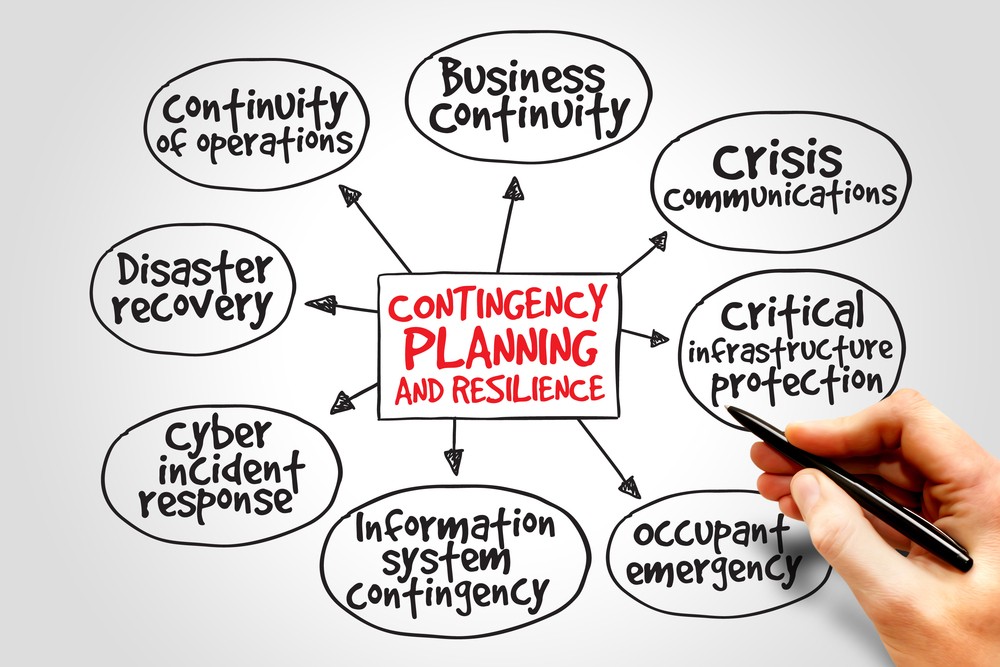Data is the new oil. No matter the niche your business is in, enhancing your services or products through ground-based consumer behavior and predictive analysis gives you an unprecedented advantage compared to inefficient and costly trial and error.
This is why businesses are now collecting, storing, and analyzing more data than ever before. Unfortunately, this trend also paved the way for data brokers to illicit data breaches and privacy violations, which is also why consumers are now more educated, wary, and cautious over their rights to data privacy and security.
These days, responsible business owners know their legal obligations, boundaries, and responsibilities in data privacy and security. Read on to know what legal considerations you should take when it comes to protecting your business and your customer’s privacy and data security.
What data can businesses extract?
Typically, data that businesses collect and store range from name, web browser cookies, behavior, and sometimes even sensitive financial information.
Consumer data collected can be categorized into four: Personal data (personally identifiable information such as name and IP address), engagement data (e.g., consumer’s interaction with apps and websites), behavioral data (e.g., purchase and transaction history), and attitudinal data (e.g., customer satisfaction and product desirability).

With the wide range of information businesses collect, it is important to know your legal obligations, limitations, and responsibilities in handling consumer data. This is why seeking qualified and professional legal advice from the get-go is always the best precaution. So if you are looking for a reputable law firm that can provide reliable business counsel and litigation, click here.
Know the data laws and regulations
While it is any business owner’s dream to accurately predict how their customers behave, there are certain policies and regulations that govern how to responsibly collect, store, and process consumer data.
Some factors to consider are your business’ industry and location, given how there are laws and regulations that are specific to a state or market. For instance, Canada’s Anti-Spam Legislation (CASL) applies to electronic messages originating from Canada or accessed by someone located in Canada. There is also the recently-mandated California Consumer Privacy Act of 2018 (CCPA) which empowers California consumers to control how their data is processed and stored.
Given these intricate data privacy and security laws, seeking legal counsel will help you navigate and apply these regulations to your business. But make sure to carefully choose your lawyer. Proper legal counsel and representation are your keys to preventing and mitigating legal troubles.
Align your rules and policies
Now that you know which data privacy and security laws apply to your business, the next step is to align your company policies and operations to comply with these regulations.
Review if your data collection, storage, and processes adhere to the standards set by these policies, while also educating and training your employees regarding their obligations in data collection and retention, data breach mitigation, and data protection. This helps ensure your business and your personnel are equipped to keep consumer data secure and protected.
This due diligence does not stop with your business alone. Business owners should double check if their third-party vendors and service providers also adhere to appropriate privacy and data security policies and implement appropriate measures in place. Your contracts should also stipulate provisions addressing compliance with data privacy and data security.
Data breach and privacy violation response
It is important to have a data breach or privacy violation crisis plan prepared. This encompasses everything you need to do to mitigate the damage caused by these incidents, including hiring legal counsel and notifying affected individuals and other stakeholders as required by law.

This crisis plan should also cover post-incident steps, such as how to go about the investigation of the incident to determine the root cause of the breach and apply appropriate solutions to prevent data breaches and privacy violations in the future.
Final word of advice
When used right, data can be a game-changer for any business. From increasing leads through digital marketing to improving customer experience, consumer behavior and data analytics go a long way in fine-tuning your business offerings and operations.
However, the potency of data can be a double-edged sword. It can be misused to cause multifold damages, which is why data privacy and security is paramount in modern businesses. Business owners should take these data privacy and security seriously, making sure to integrate it into their policies, third-party operations, and personnel training.
Make sure to seek qualified legal counsel, educate yourself about your rights and obligations, and apply appropriate data privacy and security measures so you can best protect yourself and your business from privacy violations.

